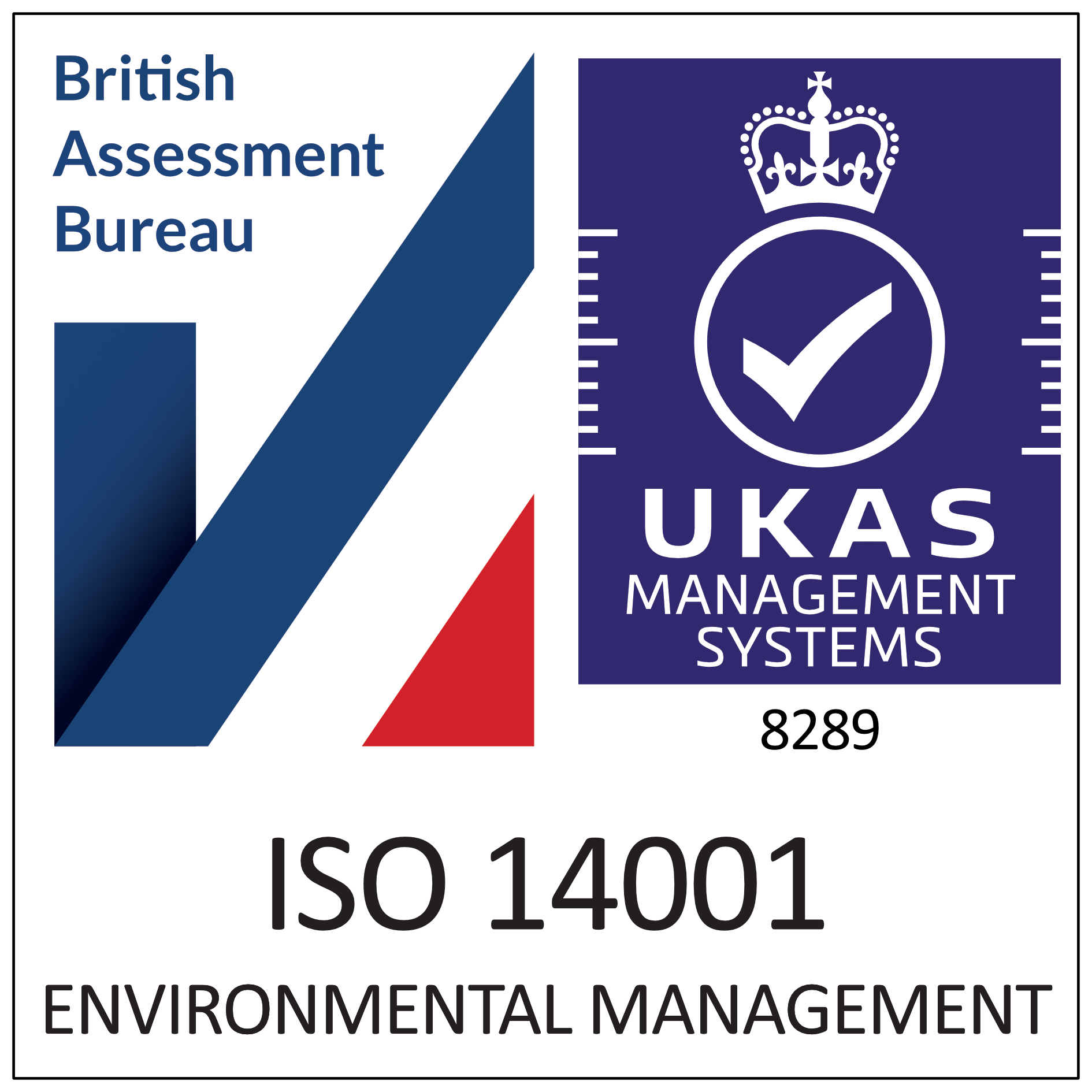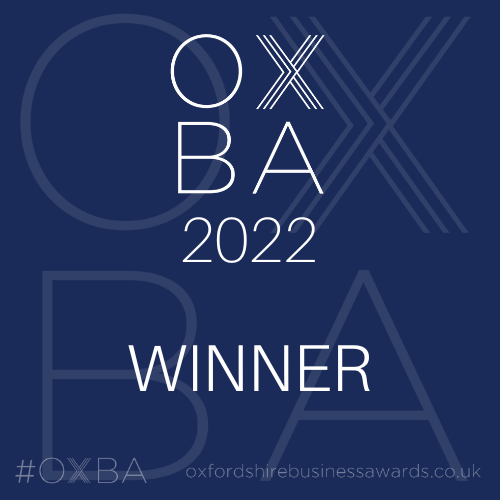








Course code: EKCW000P
Subject area: Animal Zoology and Conservation HNCs and HNDs
Study level: Undergraduate
Course level: 5
Course time:
09:30 - 16:30
Days of week:
Mondays & Tuesdays
Course date:
16th Sept 2024 - 26th May 2026
Course location:
Common Leys FarmOn this course you will develop the skills, understanding, and personal attributes required for a successful career within animal conservation. You will be taught through a range of teaching methods in a variety of learning environments that will include lectures, practical’s, workshops, and seminars. Throughout your study you will learn to develop high level technical skills, academic and research literacy, and your resilience, communication, self-awareness, and problem-solving ability.
The qualification content is continually refreshed so that it is aligned with professional bodies, employer, and higher education needs. The programme aims to provide students with the context in which to consider professional ethics and their relation to personal, professional, and statutory responsibilities within the animal industry; developing students as professional, competent, self-reflecting individuals able to meet the demands of employers in the Animal Management sector and adapt to a constantly changing world.
This programme can be delivered either full time or part time.
Level FiveBiological PrinciplesResearch ProjectAnthrozoologyEvolution and AdaptionsWork Experience Humanisation of Companion AnimalsHabitat Restoration and Repair
HND Graduates will be prepared for the progression on to a Level 6-degree programme in an animal related subject if this is their chosen route on completion.
Tuition Fee: £6,000.00
Other teaching methods include seminar discussion or debates, one-to-one or small group tutorials and problem-solving workshops enabling the student to develop effective communication, articulate information, and work collaboratively. Reflective learning is encouraged through use of self, peer and staff feedback which can be informative (group work, project work) or formative (assignments, presentations, reflective diaries).
This feedback will encourage the student to build and gain analytical skills, critical thinking, problem solving, digital literacy and competence in assessment methods. We will also encourage the students to develop a sustainability mindset.








